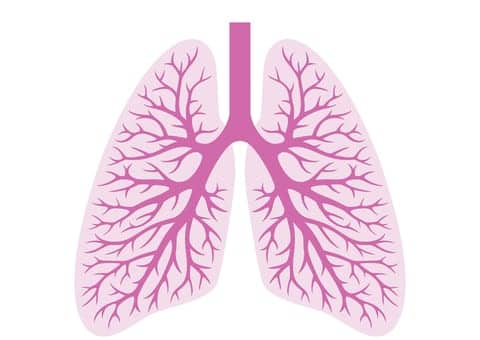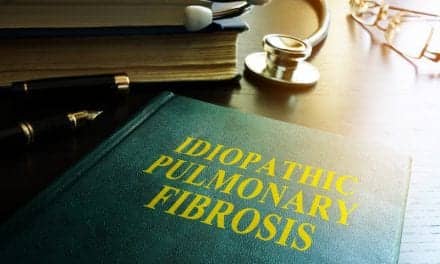Researchers in Boston and Toronto have discovered another molecular mechanism involved in lung scarring.
The team at Massachusetts General Hospital and Toronto’s University Health Network said scientists might be able to develop a pulmonary fibrosis treatment around the molecules, an enzyme known as ADAM10 and a protein known as sEphrin-B2.
In fact, using ADAM10 to inhibit sEphrin-B2 can reduce lung scarring, or fibrosis, the team said. Their study, “ADAM10-mediated ephrin-B2 shedding promotes myofibroblast activation and organ fibrosis,” appeared in the journal Nature Medicine.
Normal lung wound repair involves cells known as fibroblasts producing collagen and other proteins. A chronic injury can lead to too many fibroblasts going to the site of a wound or transforming themselves into myofibroblasts, which are essentially revved-up fibroblasts. This over-activation results in uncontrolled tissue accumulation, leading to fibrosis.










